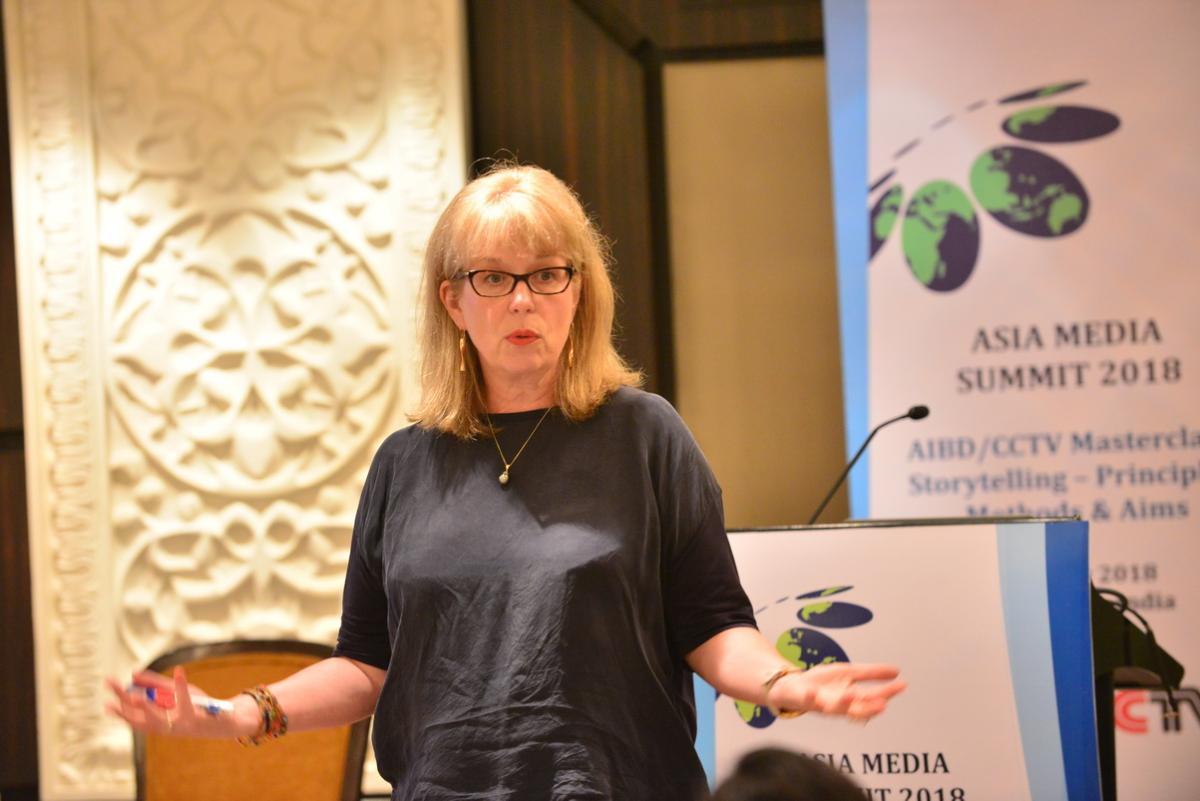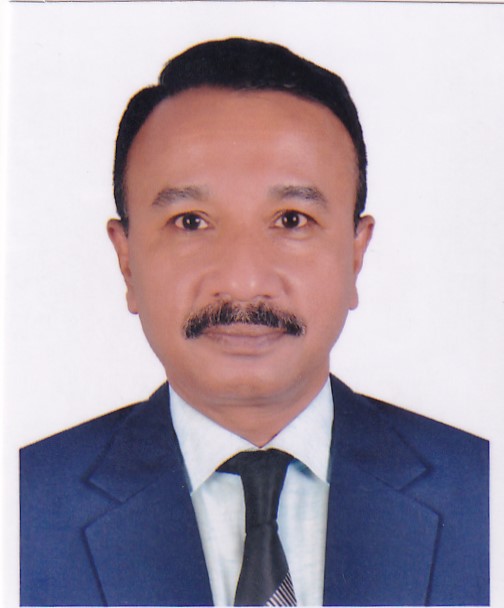
Telling Better Stories; Right Facts are not Enough
Journalism is basically storytelling, telling the right facts, but this is not enough to attract audiences in the fast-changing world.
Former BBC news producer Sarah Gibson, President of the Worldwide Association of Women Journalists and Writers, says people want journalists to tell stories or narratives that engage them, and explain why these stories matter to them.
Audiences want stories that they care about, Ms Gibson said, otherwise they will leave you and look for more relevant stories.
Ms Gibson conducted the Masterclass on Storytelling, Principles, Methods and Aims as a pre-summit activity to the Asia Media Summit 2018 held in New Delhi from 8-9 May 2018.
In telling good stories, participants identified some of the challenges they face; these include the use of single or multiple platforms, types of innovative approaches to storytelling, lack of resources, dictates of concentrated media ownership, finding out who the audience is, how to build trust, and how to make breaking news more compelling.
Close to 30 delegates from 10 countries in Asia Pacific are participating in the two-day workshop AIBD organised with support from the China Central Television (CCTV).
In order to tell better stories, Ms Gibson urged broadcasters to get to know their audiences more, not only their gender, social class, geographical and cultural affiliation, but also where and how they consume diverse media platforms.
She said people are consuming information through radio and TV, live streaming, reading online, podcasts, and social media.
In the existing media structure, mainstream journalists are telling stories that are based on evidence and rational scrutiny to build trust among the people. But Ms. Gibson said in emergent media, people are looking for stories that are recognisably human, they can like and connect with, and have cultural familiarity.
As audiences are getting younger, we are seeing a disconnect between the demands in the existing and in emergent media. But we need to tell stories that have the components of both existing and emergent media perspectives. “ Both approaches are valid,” she said.
What are the basics of storytelling?
Gibson said as journalists we assume our audiences know too much. That may not be so. It’s important to present and explain basic facts to them.
It’s also vital, she said, that we go back to basics by giving our audiences a strong lead and a strong peg.
“ We can also ask audiences what they want to know, what they want to talk about,” Gibson said.
Drawing from the BBC experience, Gibson said audiences now want to see that newsrooms feed the needs not only of their head, but also their heart. That means providing audiences trends, updating them with information, and offering perspectives. But more importantly, journalists should produce stories that are inspiring, amusing and educating the audiences.
Another way to tell better stories is the solution-based journalism. Ms Gibson said young audiences now want to read and watch more stories that present solutions rather than problems.
“ People are saying stop giving us problems, but give us solutions. Of course, we get people to account, but this is interpreted as negative and audiences see this as unhelpful. They need more solutions,” she said.
AIBD Director Chang Jin welcomed the participants saying this masterclass has become a tradition supported by CCTV and other partners.
Two other resource persons are speaking in the masterclass; they are Mr Abhaya Kumar Padhi, author and media trainer from India, and Mr Yang Fuqing, Deputy Director, CGTN English, China.





